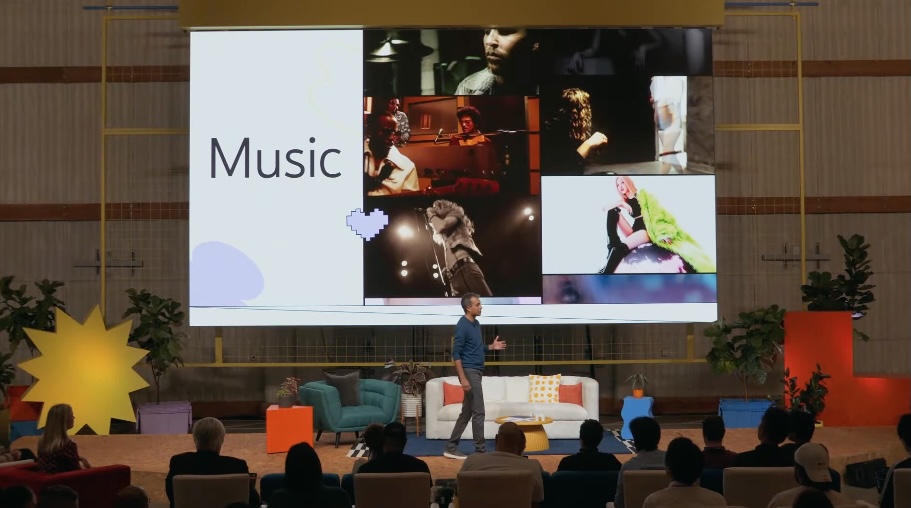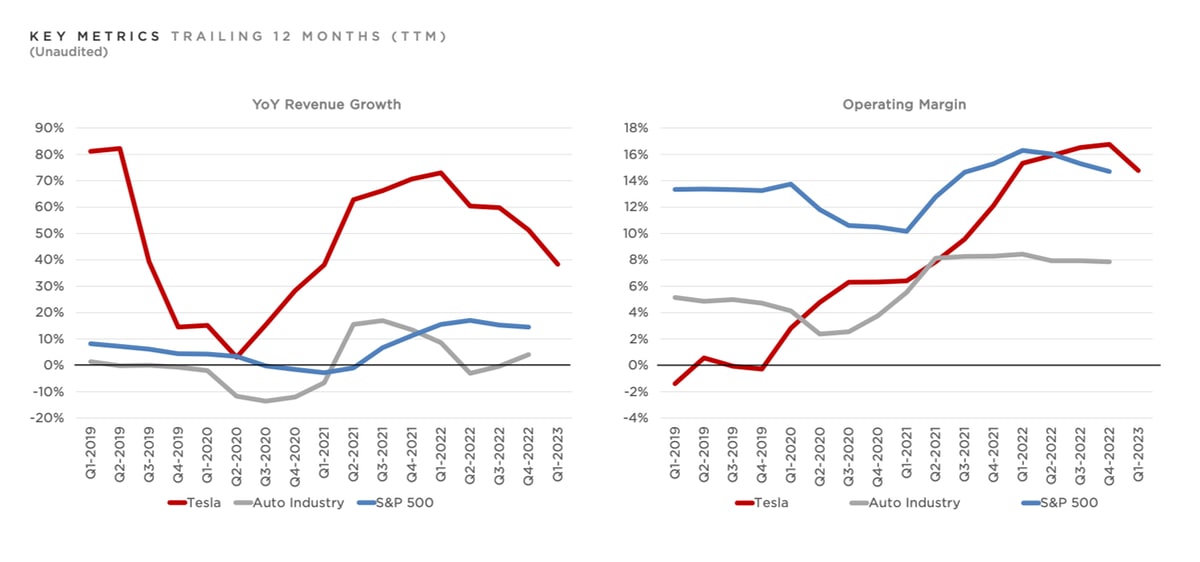Pope Francis' Legacy: A More Global, Yet Divided Church

Table of Contents
A More Inclusive and Globalized Church
Pope Francis' pontificate has been characterized by a strong push for a more inclusive and globalized Catholic Church, significantly shifting its focus and priorities. This shift is evident in several key areas.
Emphasis on Social Justice and Environmental Concerns
Francis' papacy has been defined by a profound commitment to social justice and environmental stewardship. His pronouncements on these issues have resonated globally, impacting Catholic social teaching and inspiring action worldwide.
-
Francis social justice: A cornerstone of his pontificate has been a relentless focus on the poor and marginalized. He consistently champions the rights of the vulnerable, advocating for equitable distribution of resources and denouncing systemic inequalities. His encyclicals and addresses frequently highlight the plight of refugees, migrants, and the impoverished, calling for concrete actions to alleviate their suffering.
-
Laudato Si': His landmark encyclical, Laudato Si’, on the care of our common home, has had a transformative impact on environmental awareness within and beyond the Catholic Church. It sparked global conversations on climate change, environmental degradation, and the ethical responsibility of humanity towards the planet. The encyclical’s influence can be seen in the increasing number of Catholic institutions adopting sustainable practices and advocating for environmental protection.
-
Interfaith dialogue: Pope Francis has prioritized interfaith dialogue, fostering understanding and cooperation with leaders from other religious traditions. He actively seeks common ground on issues of peace, justice, and human dignity, promoting a spirit of mutual respect and collaboration. This approach has strengthened relationships with various faith communities, contributing to a more harmonious and collaborative global landscape.
Reaching Out to the Peripheries
Another defining characteristic of Pope Francis' leadership has been his determination to reach out to the "peripheries"—the geographically, socially, and culturally marginalized areas of the world.
-
Catholic missions: He has significantly revitalized missionary activity in developing countries, emphasizing accompaniment and empowerment of local communities rather than simply imposing external structures. This approach fosters a more authentic and sustainable form of evangelization.
-
Synodality: A key aspect of his approach is a renewed emphasis on synodality—a process of shared decision-making and collaboration within the Church. This signifies a move away from centralized control towards a more decentralized and participatory model, empowering local churches and respecting diverse cultural expressions of faith.
-
Global Catholicism: His appointments of cardinals from diverse backgrounds reflect his commitment to a truly global Catholicism, recognizing the richness and variety of the Church's worldwide presence. These appointments have challenged traditional power structures and broadened the representation within the Church's leadership.
Internal Divisions and Challenges
Despite the positive advancements, Pope Francis' papacy has also been marked by significant internal divisions and persistent challenges, threatening to undermine his efforts at reform and unity.
Resistance to Reform
Pope Francis’ attempts at reform have encountered significant resistance from traditionalist factions within the Church.
-
Catholic traditionalism: These groups often oppose his more inclusive approach, particularly concerning liturgical reforms and the evolving understanding of Church teachings. They perceive his reforms as a departure from established tradition, leading to tensions and open conflicts.
-
Tridentine Mass: The debate surrounding the celebration of the traditional Latin Mass (Tridentine Mass) exemplifies this conflict. While Pope Francis has sought to regulate its use, the issue remains a source of division and controversy.
-
Papal authority: Some critics challenge the scope of papal authority in implementing these changes, leading to open defiance and accusations of undermining traditional structures.
Sexual Abuse Crisis and its Aftermath
The ongoing sexual abuse crisis continues to cast a long shadow over the Church, posing a profound challenge to Pope Francis' legacy.
-
Catholic sex abuse scandal: While he has taken steps to address the crisis, including establishing commissions to investigate allegations and promote accountability, criticisms persist regarding the speed and effectiveness of these measures.
-
Church reform: The handling of the crisis has highlighted the need for systemic reforms within the Church to prevent future abuses and protect vulnerable individuals. Implementing these reforms is an ongoing process facing significant obstacles.
-
Vatican legal issues: Ongoing legal battles and compensation claims stemming from abuse cases add to the complexity of the situation, placing further pressure on the Church's financial and moral standing.
Doctrinal Debates
Several doctrinal debates have emerged during Pope Francis’ papacy, further highlighting the internal divisions within the Church.
-
Divorced and remarried Catholics: The question of communion for divorced and remarried Catholics remains a point of contention, reflecting differing interpretations of Church teaching on marriage and sacramental life.
-
LGBTQ+ Catholicism: Discussions around LGBTQ+ issues and the Church's stance on same-sex relationships have also sparked significant debate, demonstrating the ongoing struggle to reconcile traditional teachings with contemporary realities.
-
Catholic doctrine: These debates highlight the inherent complexities within Catholic doctrine and the challenges of adapting traditional teachings to a rapidly changing world.
Conclusion
Pope Francis' legacy is undeniably complex. His papacy has undeniably propelled a greater focus on social justice, environmental responsibility, and a more globalized vision for the Catholic Church. However, significant internal divisions and persistent challenges, particularly regarding the handling of the sexual abuse crisis and doctrinal disagreements, remain. Understanding both the positive advancements and the ongoing struggles is crucial to grasping the full impact of Pope Francis' legacy. Further research into specific initiatives and ongoing debates will enhance our understanding of this transformative period in the history of the Catholic Church. To delve deeper into this multifaceted legacy, continue exploring resources on Pope Francis' legacy and engage in informed discussions on the future of the Catholic Church.

Featured Posts
-
 Instagrams New Video Editing App A Threat To Tik Tok
Apr 24, 2025
Instagrams New Video Editing App A Threat To Tik Tok
Apr 24, 2025 -
 Bold And The Beautiful Recap April 3 Liams Health Crisis Following Bill Showdown
Apr 24, 2025
Bold And The Beautiful Recap April 3 Liams Health Crisis Following Bill Showdown
Apr 24, 2025 -
 Tesla Earnings Decline Political Backlash Impacts Q1 Results
Apr 24, 2025
Tesla Earnings Decline Political Backlash Impacts Q1 Results
Apr 24, 2025 -
 La Fire Victims Face Price Gouging Concerns Raised By Selling Sunset Star
Apr 24, 2025
La Fire Victims Face Price Gouging Concerns Raised By Selling Sunset Star
Apr 24, 2025 -
 Investing In Middle Management A Strategy For Enhanced Productivity And Employee Satisfaction
Apr 24, 2025
Investing In Middle Management A Strategy For Enhanced Productivity And Employee Satisfaction
Apr 24, 2025
